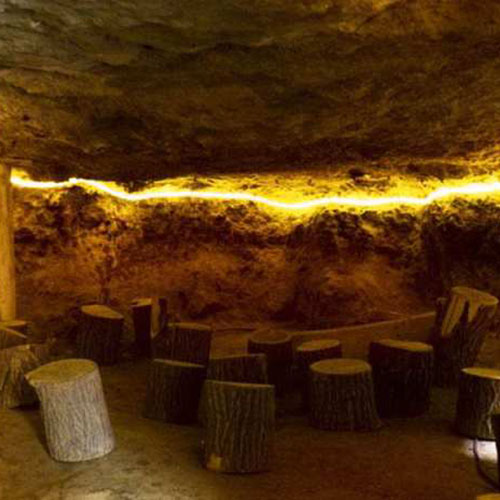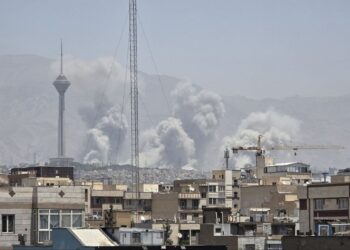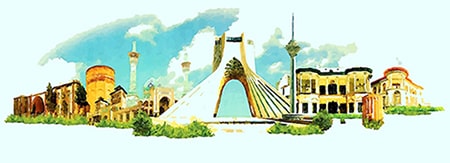غار نیاسر

غاری دست کن باستانی 30 کیلومتری غرب شهر کاشان و در نیاسر واقع شده است است. از عجیب ترین و شگفت انگیزترین دست سازهای بشری است که به باور اکثر محققین و کارشناسان در زمان اشکانیان حفر شده اما آثاری از زمان ساسانی و سلجوقی نیز در آن پیدا شده است.
گالری








